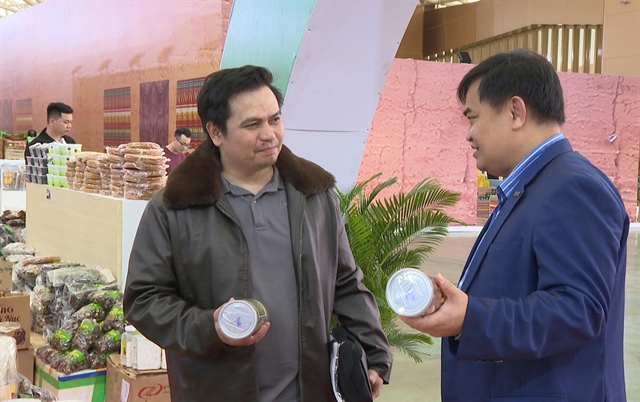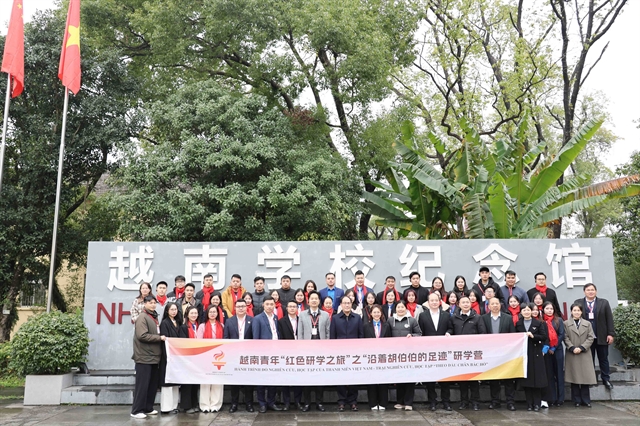 Life & Style
Life & Style

Vitamin D is no longer just a vitamin. Nowadays it is considered an important pro-hormone with multiple effects on different tissues and various physiological processes.

|
| Dr. Andres Sosa. — Photo courtesy of Family Medical Practice |
By Dr. Andres Sosa*
Vitamin D is no longer just a vitamin. Nowadays it is considered an important pro-hormone with multiple effects on different tissues and various physiological processes. Its action is not only related to bone mineral metabolism (as most people think) but also to calcium and phosphorus balance, secretion and effect of insulin, thyroid and parathyroid hormones, blood vessels function, regulation of our blood pressure, response of our immune system against infections, among many other metabolic routes.
Therefore, Vitamin D deficiency is associated not only with rickets and Osteomalacia, but also with a higher risk for Diabetes, cardiovascular diseases, hypertension, cancer, infections and auto-immune diseases. This deficiency is becoming an epidemic on the rise and its prevalence is higher than previously thought even in tropical countries like Việt Nam where there is better sun exposure. Implications in public health are also important while considering it as a risk factor for multiple acute and chronic diseases.
Low sun exposure, low fat diets, overuse of solar protectors and whitening creams are just one of the few reasons why people in Viet Nam are experiencing very low levels of Vitamin D and its consequences. To make matters worse, people believe this deficiency could be solved with taking a supplement. That is absolutely wrong and the reason is very well known since almost a hundred years ago: we need sun to produce our own Vitamin D.
Vitamin D was described by Edward Mellanby in 1920 and then isolated in 1930 by Adolf Reinhold. Around 90 per cent of Vitamin D metabolism occurs in our skin under UV stimulation. This means we need sunlight to obtain the active particle of this element. Only 10 per cent can be obtained from our diet.
Why is Vitamin D so important?
Vitamin D has been targeted as a bone health precursor and this is true. However, this is only one of the multiple tissues where it works. Vitamin D receptors have been found in our skin, thyroid, parathyroid, pancreas, hypophysis, heart, blood vessels, muscles, bones, cartilage, esophagus, stomach, intestine, liver, kidneys, immune system cells, lungs, breasts, fat tissue, eyes and brain cells, meaning that the effect of this vitamin can not be related to bones only.
Where can we obtain vitamin D?
As mentioned above, the best source of vitamin D is to expose ourselves naturally and consciously to sunlight. Multiple analyses have measured the best moment to stay under the sun: 15 to 30 min before 10am in the morning and after 3pm in the afternoon (avoiding the 10-to-3 interval) at least twice per week with no creams or oils in order to obtain between 3.000UI and 10.000UI of vitamin D. Face and head must be covered to avoid burns and headaches. A clock timer can be set to turn over every 5 min to ensure a regular exposure to all our body surface. Important: this exposure was intended to increase or maintain Vitamin D levels when needed. Recreational purposes (pools, beach, hiking, sports, etc) or any other outdoor activity require a limited sun exposure to avoid skin burns.
Is there any other source of Vitamin D besides sunlight?
Yes, we can also obtain Vitamin D from our diet, but it represents only 10 per cent (we will be missing all the rest). In this sense, salmon (250UI), tuna (230UI), mushrooms (100UI), eggs (20UI) and milk (100UI) are those with the highest amount. The quantities shown are approximate in a portion of 100 grams. As you can easily see, dietary intake is barely enough to supply a demand of 600-800UI per day. Luckily, our fat tissue can save it to be used when needed.
What are the benefits of Vitamin D?
Evidence based studies keep proving the benefits of having good Vitamin D levels. This list grows every year. Vitamin D promotes calcium and phosphorus absorption, improves pancreas cells function and insulin quality, decreases our inflammation rate, reduces blood pressure avoiding hypertension and blood vessels obstruction. In our bones it improves bone resistance by promoting calcium absorption, same with our brain cells and muscles, improving neurologic activity and muscle contraction. Thyroid and parathyroid hormones metabolism depends on Vitamin D. Its deficiency is related to a high risk of infections and also a high risk to develop auto-immune diseases.
Is it a good idea to take a Vitamin D supplement?
To temporarily supply an additional amount of vitamin D is a powerful tool in a few situations (pregnancy, athletes, and some conditions) when people need higher levels or when they cannot metabolise it by themselves (children, elderly and some diseases). To think that a supplement can solve a deficiency caused by poor habits or an inadequate intake is a wrong concept. Nature can not be hacked with a magic pill. — Family Medical Practice
*Dr. Andres Sosa is an orthopedic surgeon trained in Italy specialised in the diagnosis and treatment of musculoskeletal trauma (fractures, dislocations, wounds), degenerative joint diseases (osteoarthritis, spine disc herniation) and sport lesions (sprains, joint instability, tendon ruptures) with a particular and deep interest in upper limb, spine and knee. With two European masters degrees and multiple courses overseas, Dr Sosa is able to perform open surgery, internal fixation, shoulder/knee arthroscopy, external fixation, and joint replacement as well as non-surgical pain management therapies.
For more advice on any medical topics, visit Family Medical Practice Hanoi at: 298 I Kim Mã Street, Ba Đình District. Tel: (024) 3843 0748. E: hanoi@vietnammedicalpractice.com.
FMP’s downtown Hồ Chí Minh location is at Diamond Plaza, 34 Lê Duẩn, District 1; 95 Thảo Điền Street, District 2. Tel: (028) 38227848. E: hcmc@vietnammedicalpractice.com.
FMP Đà Nẵng is located at 96-98 Nguyễn Văn Linh Street, Hải Châu District, Đà Nẵng. Tel: (0236) 3582 699. E: danang@vietnammedicalpractice.com.




